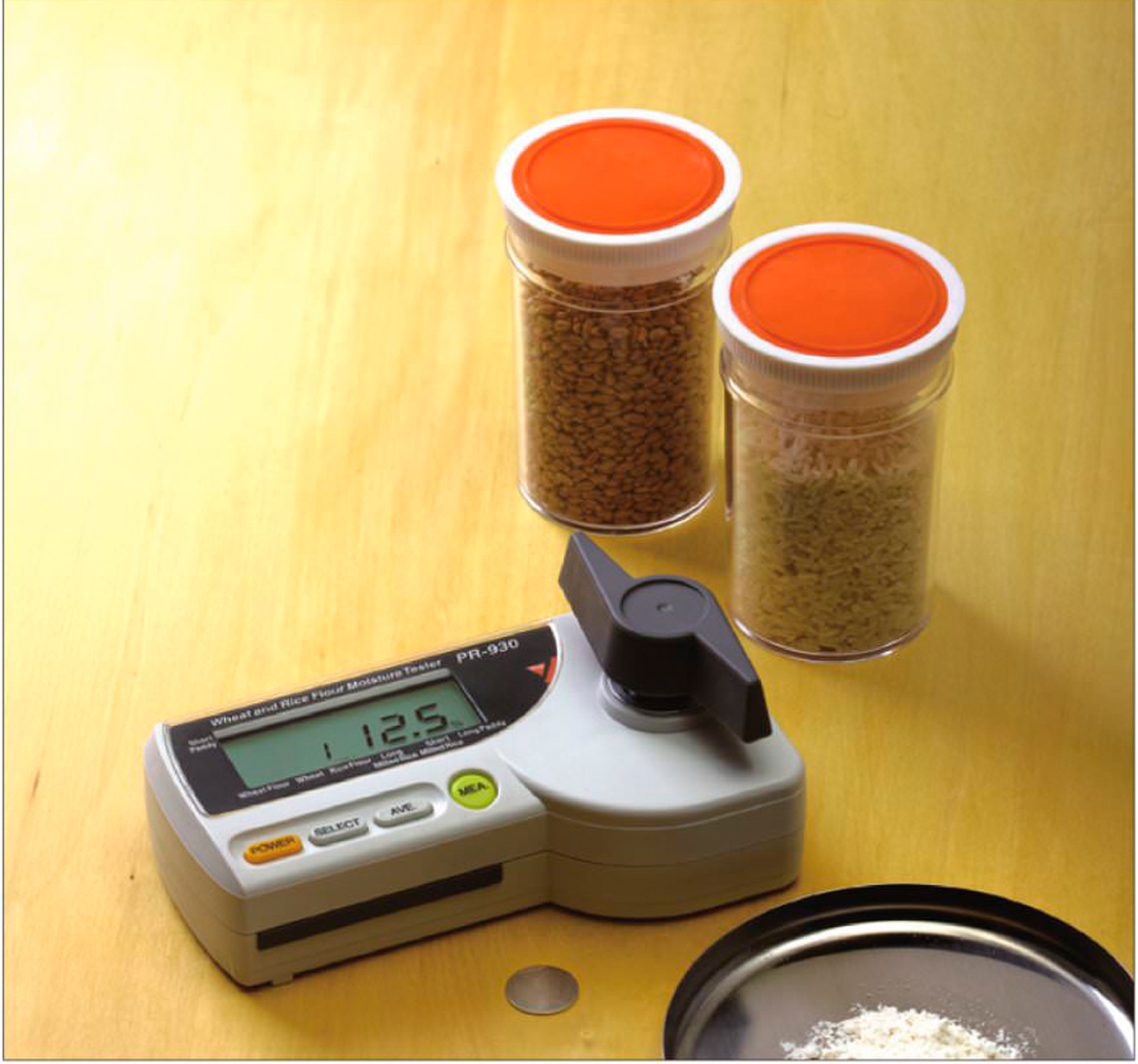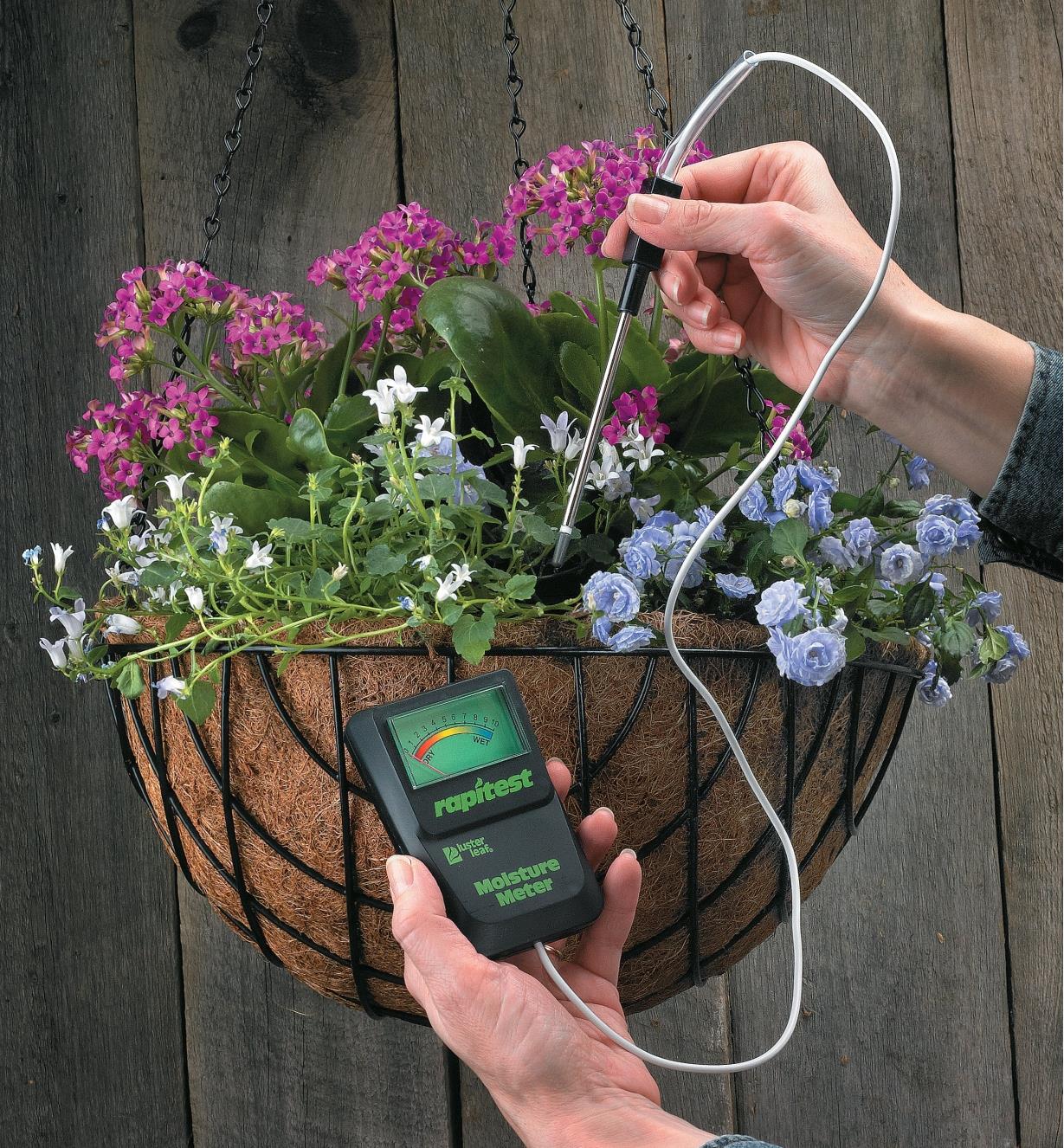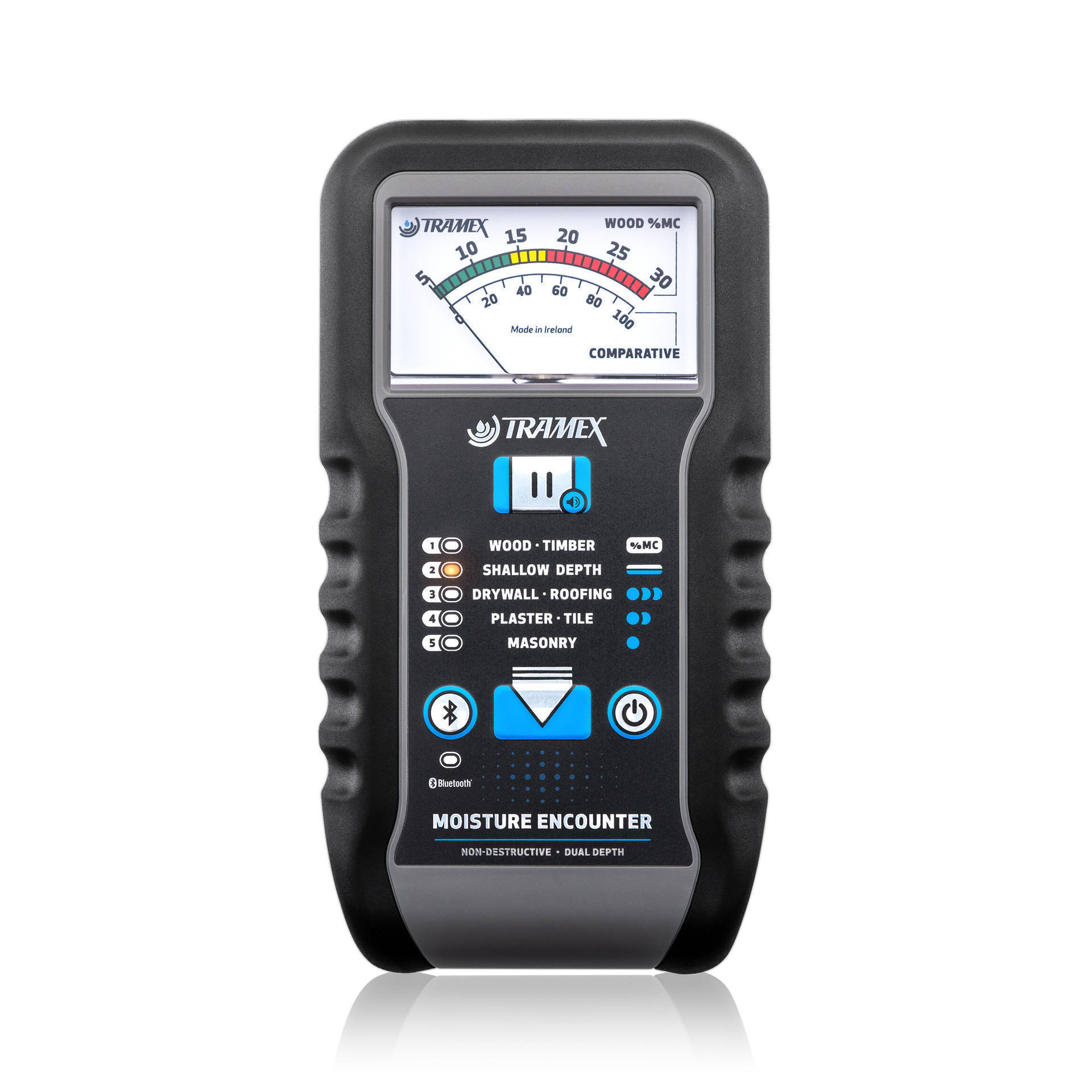Understanding the Various Kinds Of Moisture Meters and Their Applications
Understanding the Various Kinds Of Moisture Meters and Their Applications
Blog Article
The Ultimate Guide to Moisture Meters: A Comprehensive Overview and How They Can Conserve You Cash
In the world of structure maintenance, building and construction, and different markets, the relevance of properly gauging moisture levels can not be overemphasized. Wetness meters act as important tools in identifying and keeping track of moisture content in products, assisting in stopping costly problems and making certain the high quality of products. Comprehending the nuances of different kinds of dampness meters, their applications, and the prospective cost-saving advantages they offer can be a game-changer for services and professionals alike. Uncovering exactly how these devices can not only simplify procedures yet also add to financial savings is a journey worth starting.
Types of Moisture Meters
Numerous sorts of dampness meters are available for various applications in numerous markets. One common kind is the pin-type dampness meter, which gauges the electrical resistance in between 2 pins put into a product. This type appropriates for timber, drywall, and various other structure products. Pinless dampness meters, on the various other hand, usage electro-magnetic sensor plates to check a larger location without creating damages to the material's surface. These meters are ideal for promptly evaluating wetness levels in huge locations such as wall surfaces and floorings.
Furthermore, there are likewise specialized wetness meters developed for particular products like hay, grain, or soil. These meters offer exact wetness analyses customized to the distinct residential or commercial properties of the product being evaluated. Infrared dampness meters measure the thermal buildings of a material to identify its wetness web content non-invasively, making them useful for applications where pin or pinless meters may not appropriate. Understanding the various sorts of moisture meters available can aid industries choose the most proper device for their certain moisture dimension requirements.

Advantages of Utilizing Moisture Meters

Moreover, utilizing wetness meters can lead to boosted energy effectiveness. In agricultural settings, dampness meters play a crucial role in optimizing plant returns by allowing farmers to keep track of soil dampness degrees and make educated watering choices.
Exactly How to Choose the Right Moisture Meter
Choosing the proper wetness meter involves considering vital aspects such as material compatibility, dimension variety, and calibration accuracy. When picking a dampness meter, it's necessary to guarantee that the meter appropriates for the certain material you will certainly be screening. Different products have varying electric buildings that can impact moisture analyses, so choosing a meter made for your material is crucial for exact outcomes. Furthermore, consider the dimension variety of the wetness meter. Ensure that the meter can find moisture degrees within the array required for your applications. Calibration precision is another essential element to keep in mind (Moisture Meter). Select a wetness meter with reliable calibration to make sure regular and precise readings. Some meters might need routine calibration right here adjustments, so recognizing the calibration process is necessary. By meticulously evaluating these elements, you can pick a moisture meter that satisfies your demands and provides accurate dampness measurements for your jobs.
Appropriate Strategies for Moisture Meter Usage
To guarantee exact moisture readings and make best use of the effectiveness of a wetness meter, utilizing correct strategies is vital. When making use of a pin-type dampness meter, insert the pins or probes into the material being evaluated up until they make complete call. Make certain the pins are vertical to the surface area to obtain one of the most exact reading. For pinless moisture meters, hold the device flat against the material and relocate slowly to cover the entire area for a typical reading. It's important to adjust the wetness meter according to the material being checked to improve accuracy. Take several readings across the surface and average them out for a more reputable result. Additionally, ensure that the material being examined is acclimated to the atmosphere to avoid skewed readings. Normal upkeep of the wetness meter, such as cleaning up the pins or sensor, is also vital to make certain regular and precise analyses. By adhering to these appropriate techniques, customers can rely upon their wetness meter to offer trustworthy wetness degrees, aiding in stopping pricey damages or guaranteeing high quality in various applications.

Expense Savings Via Moisture Meter Applications
How can the tactical use of dampness meters lead to substantial expense financial savings across numerous industries? In the agriculture sector, moisture meters aid in identifying the ideal time for gathering crops, preventing over-drying or excess dampness that navigate to these guys can influence the last product's high quality.

In addition, in the food handling industry, wetness meters are vital for keeping track of product top quality and making sure compliance with safety and security guidelines. By precisely gauging dampness material in food products, manufacturers can prevent spoilage, keep quality, and lower waste, leading to significant cost savings. In general, the strategic application of moisture meters is a valuable investment that can lead to considerable price reductions and improved performance across various markets.
Verdict
To conclude, moisture meters are beneficial devices for discovering and gauging wetness levels in different materials. By using the ideal dampness look at this now meter and adhering to correct techniques, customers can efficiently protect against expensive damages triggered by excess wetness. Buying a high quality dampness meter can cause significant price savings in the long run by determining prospective problems at an early stage and allowing prompt removal. Eventually, wetness meters are vital instruments for maintaining the integrity and longevity of frameworks and materials.
Dampness meters serve as essential devices in detecting and checking moisture content in materials, assisting in preventing expensive damages and guaranteeing the quality of products. Infrared moisture meters gauge the thermal residential properties of a product to identify its wetness content non-invasively, making them beneficial for applications where pin or pinless meters might not be ideal.Moisture meters use very useful advantages in properly monitoring and evaluating dampness levels in varied materials and environments. In farming setups, moisture meters play an important function in enhancing crop returns by making it possible for farmers to keep track of dirt moisture levels and make educated watering decisions.In conclusion, dampness meters are useful devices for gauging and discovering moisture levels in various materials.
Report this page